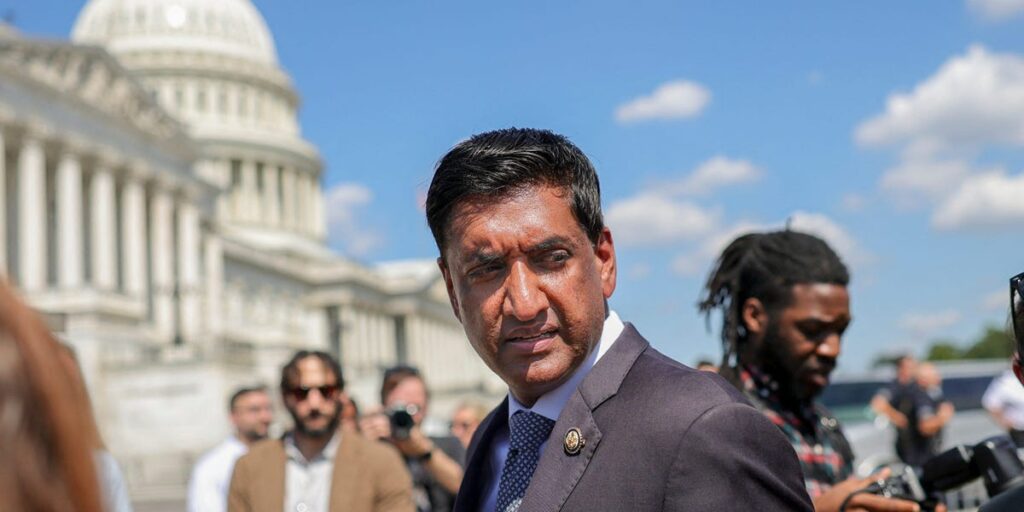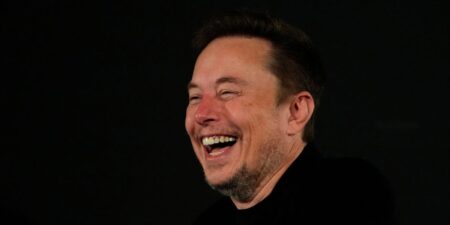H-1B reform needs more than a one-size-fits-all approach, says Rep. Ro Khanna, whose district encompasses much of Silicon Valley.
In an episode of the “All In” podcast released on Thursday, Khanna said that the H-1B system needs to be corrected, but he doesn’t think President Donald Trump’s new reforms are the best way to do so.
Last month, the Trump administration introduced a $100,000 fee on new H-1B visas, a common pathway for skilled foreigners to work in large US multinationals. In addition to the fee, the administration announced a proposal to replace the lottery system with one that selects based on skill level and wages. The changes are part of the White House’s plan to preserve jobs for American citizens.
“I don’t love the blanket 100,000 fee,” Khanna said. “I think that’s not the best way to reform it. Partly because it puts an unfair burden on startups, it actually may hurt them with talent.”
The Democratic lawmaker, who has been serving the district since 2017, added: “But if you wanted to say, ‘Look, there’s going to be some prevailing wage standard and we need reforms,’ I’m open to that.”
The fee has thrown some startup founders and employees into a tailspin, fearing they would lose talent to deep-pocketed tech giants who can afford the hefty fee. Big Tech companies were among the employers with the most H-1B visa holders last year.
On Thursday’s podcast, Khanna said that some companies are abusing the H-1B system by applying to the lottery multiple times or by using shell companies.
“One-third of the AI talent is in China, according to a lot of the reports,” Khanna said, about a recent trip to China. “I want some of those folks to come to the United States so we can stay ahead of AI. So there are legitimate uses of the H-1B program.”
Earlier this week, LinkedIn cofounder Reid Hoffman made similar remarks about the blanket fee hurting startups.
Hoffman said there should be an unlimited number of H-1B visas that come with fees, whether a one-time fee of $100,000 or a yearly one. But there should be provisions for startups because they “obviously can’t afford the $100K.”
“Actually, Trump’s idea resembles an idea that I’ve been pitching for eight plus years,” Hoffman said in an episode of the “Possible” podcast. “You have to do the whole idea otherwise it’s a disaster.”
Read the full article here
















